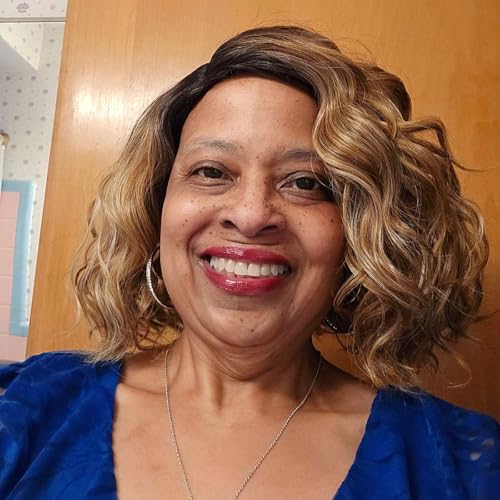
ScrambledEggs&Ham Podcast “Stroke survivor stories podcast”
カートのアイテムが多すぎます
カートに追加できませんでした。
ウィッシュリストに追加できませんでした。
ほしい物リストの削除に失敗しました。
ポッドキャストのフォローに失敗しました
ポッドキャストのフォロー解除に失敗しました
-
ナレーター:
このコンテンツについて
Welcome to “ScrambledEggs&Ham”—the podcast that highlights the resilience and strength of individuals who have faced life-altering health challenges, including cancer, stroke, multiple sclerosis (MS), and neurodiversity. Each episode dives into their personal journeys, revealing how they transformed adversity into growth, empowerment, stroke recovery, and lasting change.
Prepare to be inspired as we explore the incredible power of the human spirit.
“Health is not merely the absence of illness. A truly healthy life is one of creativity—where we continue to challenge ourselves, create, and move forward, expanding our horizons for as long as we live.”
— The Wisdom for Creating Happiness and Peace, Part 1 (Revised Edition), p. 248
I hold deep respect for the medical and psychological communities whose work supports survivors and their families. This story seeks to honor the resilience of those who have faced adversity and the professionals who walk alongside them, but it should not be taken as a substitute for clinical expertise or therapy.
-
 59 分
59 分カートのアイテムが多すぎます
ご購入は五十タイトルがカートに入っている場合のみです。カートに追加できませんでした。
しばらく経ってから再度お試しください。ウィッシュリストに追加できませんでした。
しばらく経ってから再度お試しください。ほしい物リストの削除に失敗しました。
しばらく経ってから再度お試しください。ポッドキャストのフォローに失敗しました
ポッドキャストのフォロー解除に失敗しました
-
 1 時間 3 分
1 時間 3 分カートのアイテムが多すぎます
ご購入は五十タイトルがカートに入っている場合のみです。カートに追加できませんでした。
しばらく経ってから再度お試しください。ウィッシュリストに追加できませんでした。
しばらく経ってから再度お試しください。ほしい物リストの削除に失敗しました。
しばらく経ってから再度お試しください。ポッドキャストのフォローに失敗しました
ポッドキャストのフォロー解除に失敗しました
-
 2025/10/201 時間 2 分
2025/10/201 時間 2 分カートのアイテムが多すぎます
ご購入は五十タイトルがカートに入っている場合のみです。カートに追加できませんでした。
しばらく経ってから再度お試しください。ウィッシュリストに追加できませんでした。
しばらく経ってから再度お試しください。ほしい物リストの削除に失敗しました。
しばらく経ってから再度お試しください。ポッドキャストのフォローに失敗しました
ポッドキャストのフォロー解除に失敗しました


